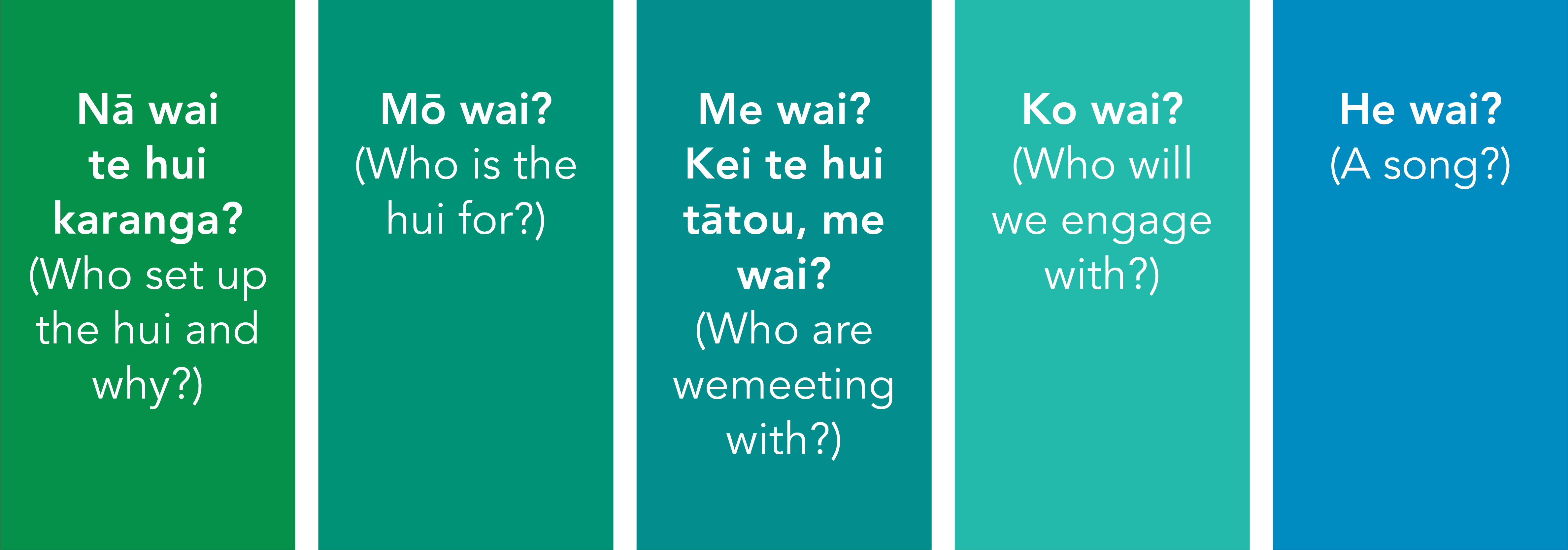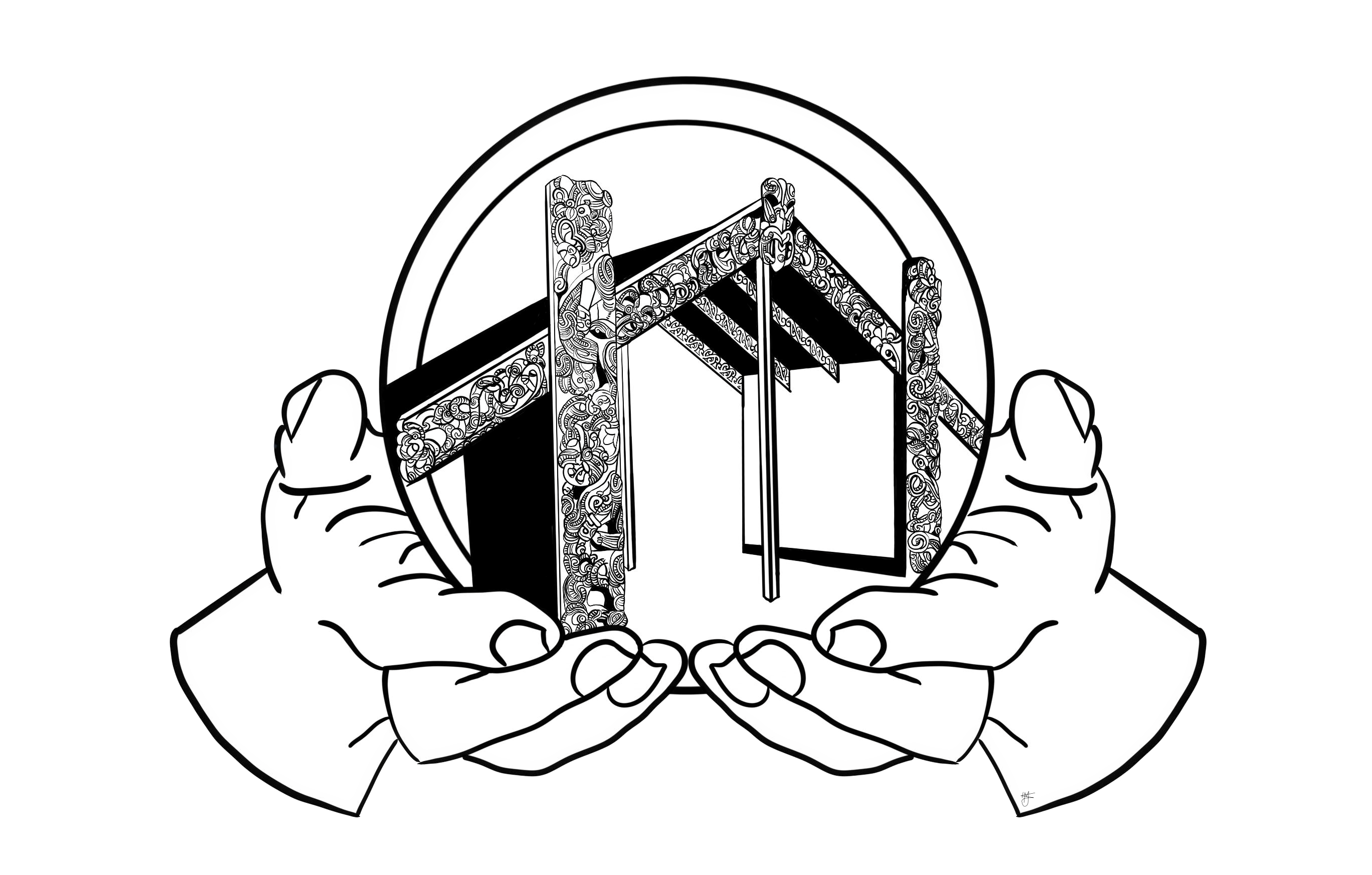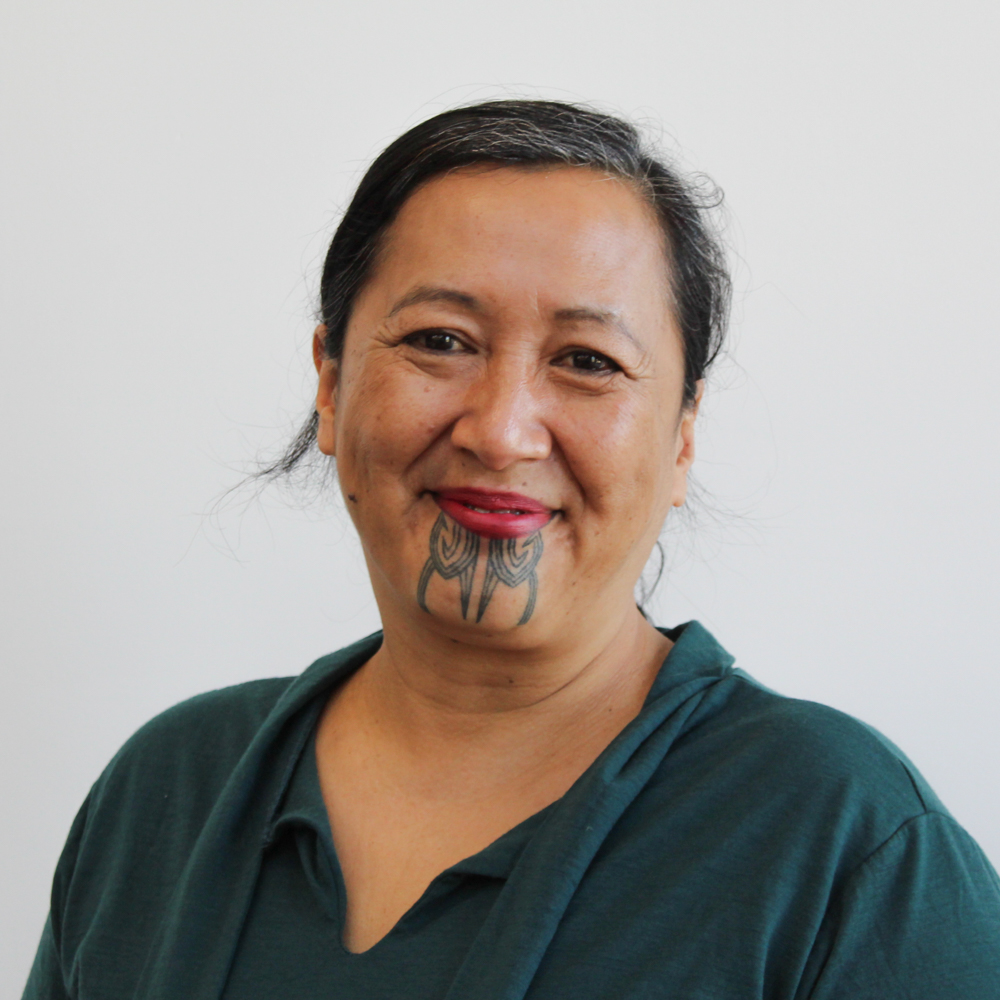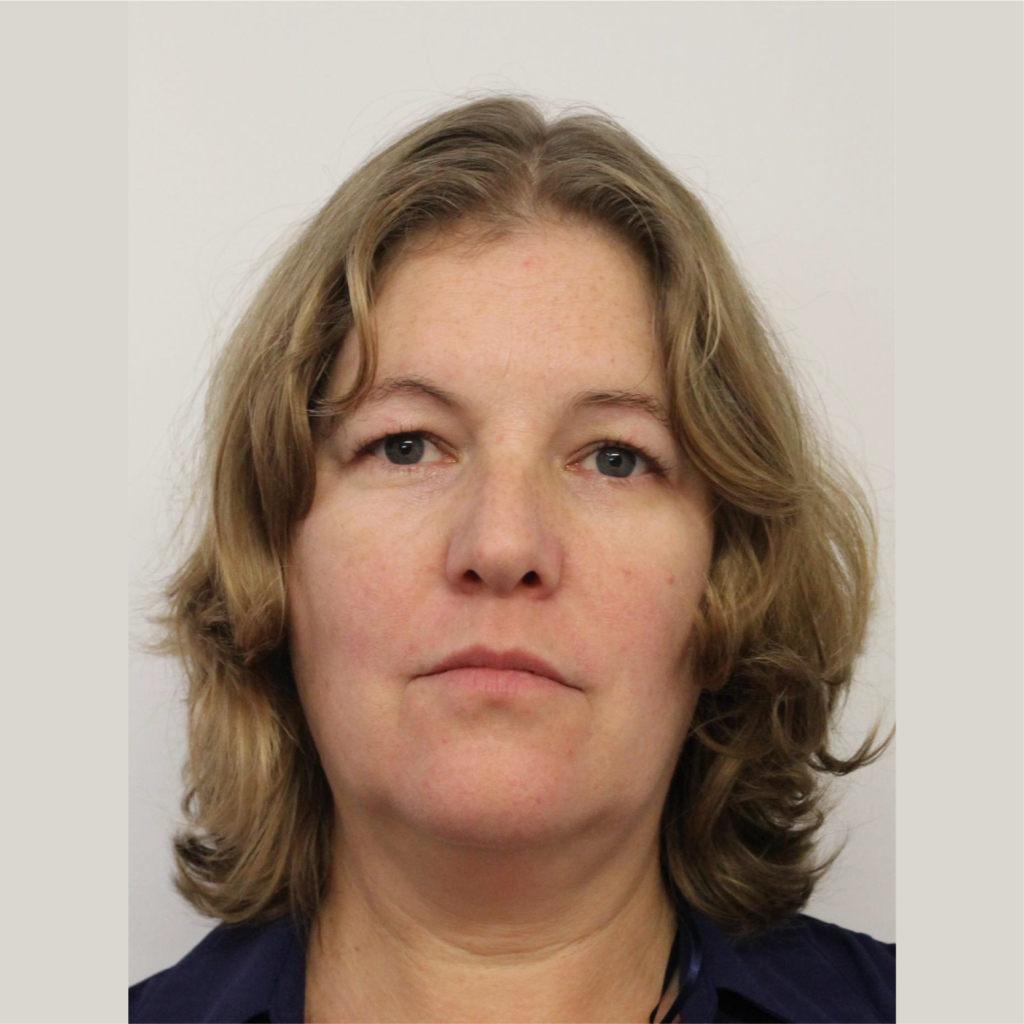In August 2020, the New Zealand government agreed to a $28 million fund for renewable energy installations. This Renewable Energy Fund is administered by the Ministry of Business Innovation and Employment (MBIE). The aim is to reduce household energy costs through renewable energy....
The Fund will trial and evaluate the impact of renewable energy solutions in public housing (through Kāinga Ora) and a selection of Māori housing through various Māori community organisations and housing providers. The goals of the Fund are to:
- contribute to affordable energy and improved wellbeing
- support decarbonisation
- empower tangata whenua/Māori to harness clean energy in line with kaitiakitanga and rangatiratanga and tikanga Māori.
Specific objectives for households that receive the renewable energy solutions are to provide a reliable and secure energy source, reduce energy costs and improve health and wellbeing outcomes.
MBIE will use the pilot phase of the project to learn about the effectiveness of the different types of renewable energy solutions. This will explore the costs, benefits, and design options for distributed energy solutions at the household level, and which solutions would be suitable for a larger scale roll out.
Evaluation purpose and key questions
MBIE contracted Allen + Clarke to independently evaluate the effectiveness of the Fund and to assess the feasibility of continuing the interventions.
The purpose of the evaluation is to measure the impact of the renewable energy fund on the public and Māori housing streams. The evaluation explores the following key evaluation questions:
- How much of the household energy requirements are met by the renewable energy interventions?
- To what extent has there been an improvement in health and wellbeing outcomes for targeted households?
- What is the comparative efficacy of the range of distributed energy solutions?
- What has been the impact on equity?
- To what extent does the implementation of the renewable energy systems offer value for money?
- How well did the different aspects of the engagement and implementation processes work?
- What have been the impacts for targeted Māori household?
Co-design of the Māori housing stream evaluation
As well as the above questions, the evaluation team will work with recipients of the Māori Home Renewable Energy Fund in five selected rohe to co-design specific questions of interest to providers in the rohe. More information can be found here [Link to article 2]
Evaluation methodology
For the Māori housing stream, the evaluation will focus on five rohe (Wellington, Central North Island, Northland, Taranaki, Marlborough).
We’ll work with Māori organisations who are funding recipients to identify households that have received renewable energy solutions, to invite these whānau to participate in the evaluation. We will gather data on energy use, monitor indoor temperature, and conduct a Energy audit and Household Experience Survey on household experience of the renewable energy for 100 households across the five rohe.
We’ll also undertake kanohi-ki-te-kanohi interviews with a smaller sample of Māori providers who are funding recipients, households and whānau who have received the renewable energy solutions. These interviews will collect data about the process of applying for funding, receiving the renewable energy solutions, and any changes or impacts on wellbeing.









